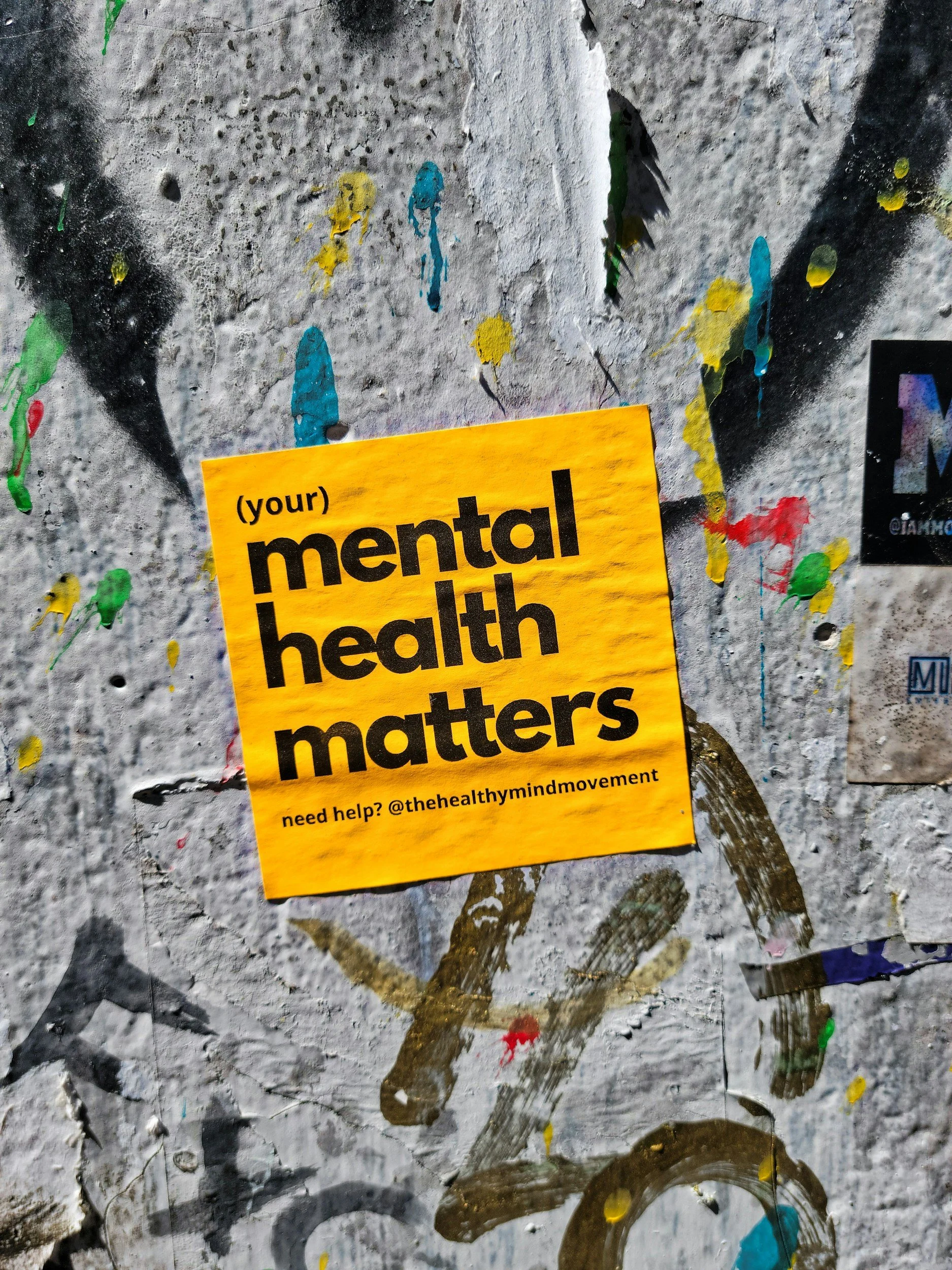The Hidden Mental Health Crisis Among Household Workers
A Human+ Feature by MaidProvider.ph
In Filipino households, we often talk about work ethic.
About loyalty.
About the “magaling na kasambahay” or the “maaasahang yaya.”
But almost no one talks about the one thing shaping the lives of household workers more than anything else:
Their mental health.
In the Philippines, where helpers are expected to be steady, polite, tireless, and accommodating, mental health struggles are often dismissed as mood, attitude, or “pagka-maselan.”
The result is a silent crisis — one felt deeply in homes across the country but rarely named.
Human+ is choosing to name it.
The Emotional Pressure of Constant Service
Household workers occupy a rare space in society:
they live where they work, serve the people who house them, and navigate an emotional landscape where they are both present and invisible.
They carry:
• the stress of raising children who are not theirs
• the pressure to avoid mistakes at all costs
• the anxiety of being “on call” even while resting
• the expectation to be cheerful regardless of mood
• the fear of being easily replaced
A helper once told Human+:
“Pagod na pagod ako, pero bawal ipakita.”
Tired, but not allowed to show it.
Sad, but expected to smile.
Overwhelmed, but must remain grateful.
This emotional suppression creates silent fractures that deepen over time.
Homesickness: The Pain Families Don’t See
Most household workers leave behind their own families — often young children — to care for someone else’s.
At night, when the household is quiet, many struggle with:
• guilt
• longing
• anxiety
• fear of missing milestones
• the ache of hearing someone else’s child call them “Mama”
But instead of tending to their own grief, they are expected to sleep, wake up, and restart the emotional labor the next day.
One worker told us:
“Iniiyak ko na lang po sa banyo.”
Because there is no safe space — physical or emotional — to be vulnerable.
The Burnout Nobody Measures
In most professions, burnout is recognized.
In domestic work, burnout is labeled as:
• “tigas ng ulo”
• “walang gana”
• “iba na ngayon ang ugali”
• “di na siya masipag tulad dati”
Yet what families call “attitude change” is often exhaustion accumulated over months or years.
Signs of burnout in household workers include:
• irritability
• forgetfulness
• low motivation
• withdrawal
• slower work
• emotional flatness
Underneath it all is one truth:
You cannot expect perfect service from someone who can’t even rest.
The Fear That Never Leaves
Unlike office employees, helpers live with the constant fear of:
• being suddenly replaced
• being blamed for misunderstandings
• receiving criticism without explanation
• losing their job over a single mistake
• being unable to send money home
This emotional instability becomes chronic stress — the kind that affects sleep, appetite, and long-term mental well-being.
It is hard to breathe fully when your livelihood depends on someone else’s mood.
Why Mental Health Is Worse for Stay-In Workers
Staying in a household means:
• zero physical separation between work and rest
• limited privacy
• limited control over schedule
• limited personal time
• limited emotional processing
Many don’t even have a space where they can cry privately or decompress without being “on call.”
Human+ sees the pattern clearly:
poor rest conditions = poor mental health = high turnover.
The Class Silence: “Trabaho lang ‘yan.”
The Philippines has a cultural blind spot around care work.
Domestic workers are expected to:
• endure
• adjust
• obey
• remain cheerful
• avoid “complaining”
Mental health, for them, is often reframed as:
• laziness
• moodiness
• disrespect
• poor work ethic
This reframing prevents empathy.
And without empathy, nothing changes.
The Human+ Standard: Care as a Two-Way System
MaidProvider.ph built Human+ on a simple principle:
Household work is emotional work — and emotional workers deserve emotional safety.
We emphasize:
• clear expectations
• respectful communication
• structured rest
• private space
• humane workloads
• fair feedback
• mental wellness awareness
When families support a worker’s emotional well-being, everything improves:
• communication
• performance
• patience
• long-term loyalty
• household harmony
Care cannot flow only downward.
It must circulate.
What Workers Tell Human+ (But Rarely Tell Employers)
Every week, we hear confessions like:
“Hindi ako depressed, pero nalulungkot ako lagi.”
“Wala akong mapagsabihan.”
“Nakakahiya umamin na pagod ako.”
“Ayokong umalis, pero di ko na kaya minsan.”
These are not problems of attitude.
These are symptoms of emotional overload.
And they are fixable — once families acknowledge the human behind the role.
Why This Conversation Matters
Because the people who care for our homes need care themselves.
Because children learn empathy from watching how their yaya is treated.
Because a stable household requires emotionally healthy caregivers.
Because silence helps no one.
And because dignity — real, lived dignity — begins with acknowledging what is human, not just what is useful.
If nobody wants to talk about this, Human+ will.
Human+. Built for dignity, care, and community.
MaidProvider.ph — The Philippine Maid Brand.

